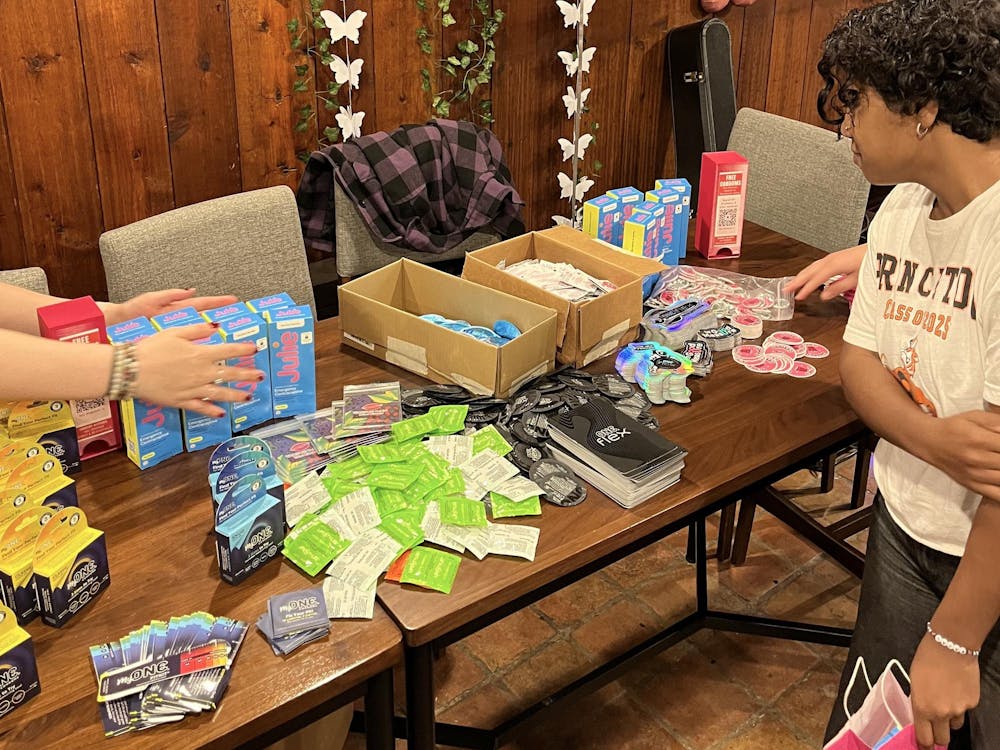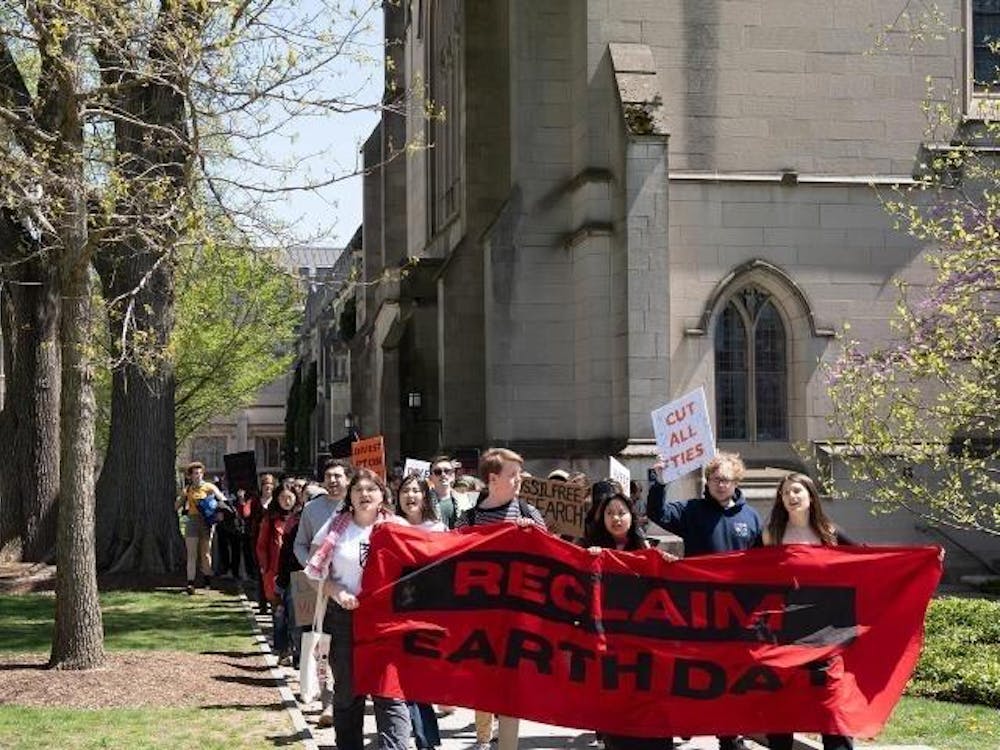For the first time, the Foundation for Individual Rights in Education has rated the top 53 universities in the country, according to U.S. News & World Report, on their due process rights for students accused of various offenses on campus.
In its ranking “Spotlight on Due Process 2017,” 45 of 53 universities received “a D or F rating from FIRE for at least one disciplinary policy,” and similarly 79 percent of these universities received a D or F for “protecting the due process rights of students accused of sexual misconduct.” The new rankings come as the handling of sexual misconduct and campus rape cases are increasingly under assessment with the new administration.
Communication coordinator for FIRE William Rickards noted in an email that “Princeton received a D for sexual misconduct due process protections and a C for other due process protections.” FIRE is a nonprofit dedicated mainly to advocating for free speech and due process rights on college campuses.
“The schools were judged based on whether they guarantee those accused of campus misconduct 10 core elements of fair procedure, including adequate written notice of the allegations, the presumption of innocence, and the right to cross-examine all witnesses and accusers,” he wrote.
The report analyzed disciplinary procedures at 53 schools, but focused on nonacademic disciplinary cases. The group did not consider faculty disciplinary procedures. Furthermore, “where institutions maintain different policies for academic and non-academic cases, we analyzed only the procedures for nonacademic cases,” and even then only looked at procedures involving potential suspension or expulsion.
Due to these parameters, FIRE did not look at the Honor Committee’s procedures and thus did not speak to any of the members of the committee, according to Committee Chair Carolyn Liziewski ’18.
Vice Provost for Institutional Equity and Diversity Michele Minter explained that the University pays some attention to releases and studies from groups such as FIRE.
“We don’t pay particular attention,” she continued, “but we are always interested in external organizations.”
“We make all of our decisions based on what we think our own community values are,” Minter added. “So we don’t pay super-close attention to these organizations but we are always happy to learn.”
Minter explained that around the country Title IX cases are handled very differently on different campuses, largely due to the diversity of the institutions themselves.
“It makes it a little hard to make those comparisons,” said Minter. “Everyone is trying to figure out how to do the right thing.”
In 2014, when the University came under a resolution agreement with the Office of Civil Rights of the Department of Education, its policies and procedures were all reviewed and revised for Title IX cases. Under the agreement, the University continues to be monitored for how they handle such cases.

Minter explained that the University works hard so that both parties in any nonacademic disciplinary case have equal rights to appeal.
“We do work really hard to ensure that they’re fair,” Minter said. “In every way they have exactly the same rights.”
On Friday, Department of Education Secretary Betsy DeVos announced new interim rules for Title IX cases, which are included in FIRE’s analysis.







